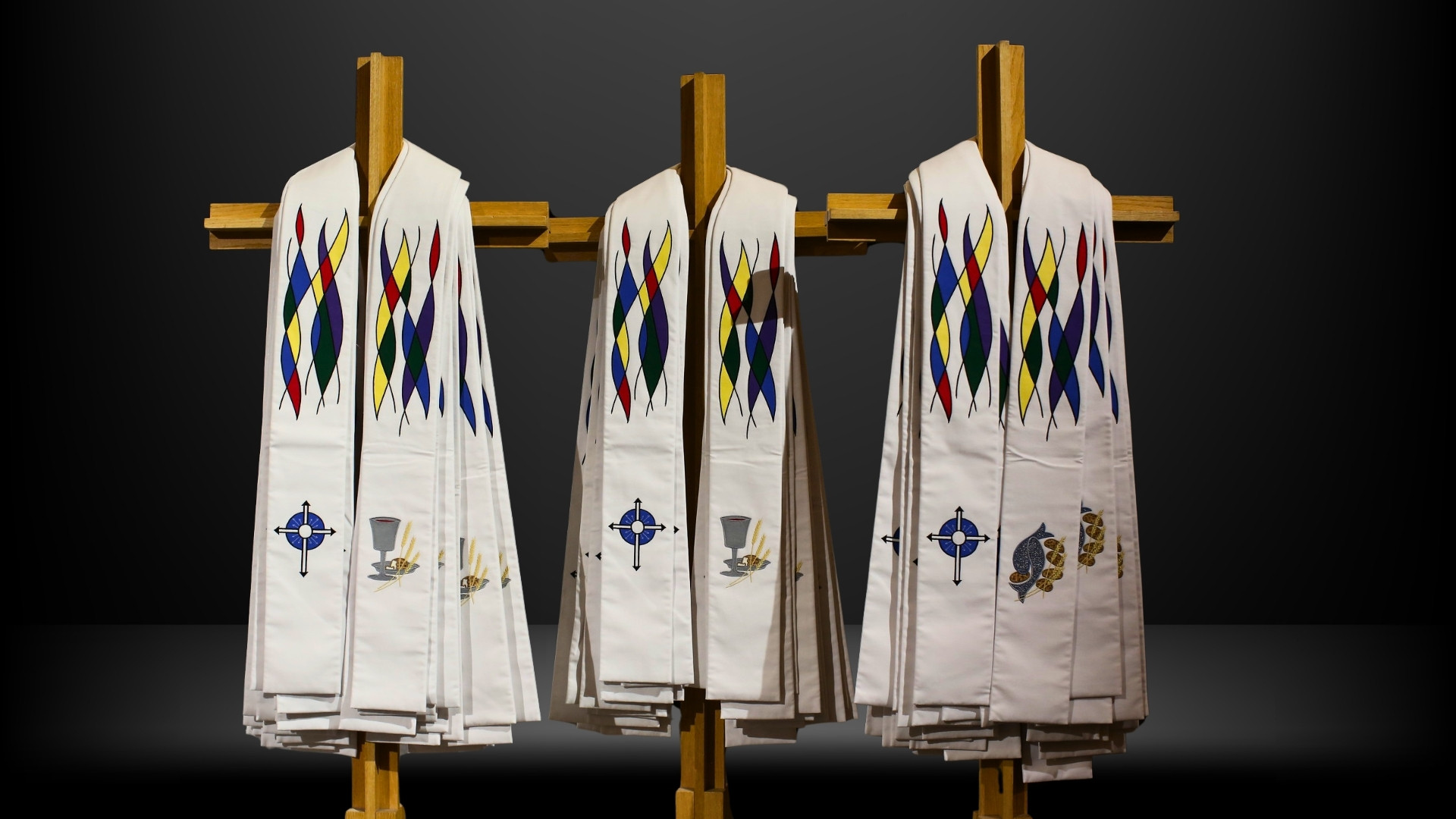How the Church Should Respond to Domestic Violence Victims
I was young when I met him, charmed by his care, his attention, and the comfort he offered. As a lonely immigrant longing for love and belonging, I didn’t recognize the signs of control and manipulation early on. The abuse didn’t begin until after we were married, a pattern all too common in abusive relationships.
Raised in a conservative Christian home, I believed marriage was forever. I had made a choice, a vow. So I told myself my only option was to endure, to find a way to survive in a marriage that was becoming increasingly unsafe with every passing year. Most of the abuse was emotional and psychological. But over time, it escalated. The threats of physical violence grew, and I felt trapped, too scared to leave and too ashamed to speak.
Then one day, during an argument, I caught the eye of my two-year-old daughter. There were tears in her eyes, and I could see that she was truly afraid. In that moment, I knew: if I continued raising her in an environment of abuse and fear, her future would be shaped by trauma. I realized something for her that I hadn’t yet grasped for myself. She deserved safety, love, care, and kindness.
So I took a brave first step. I confided in my best friend, a committed follower of Jesus. Her response changed everything.
She believed me.
She listened. She responded with compassion and concern. She encouraged me to get help. She showed up so I wouldn’t be alone.
Because of her gracious response, I found the courage to take the next step. Because she met my fear with faith and action, I found my freedom.
I wish I could say that hers was the typical response I received from my Christian friends, church community, or even family. But it wasn’t.
Instead, I was met with a theology of suffering, a message that said, “God hates divorce,” but never once said, “God hates abuse.”
The Church Must Do Better
In my work with survivors over the past decade, I’ve seen this pattern repeated too many times. Churches, often unintentionally, become complicit in abuse by urging victims to stay, to preserve the marriage, protect the children, or maintain a spiritual image. Victims are told to pray harder. Submit more. Remain silent.
Even as abuse escalates, even as we now know that one in three women will suffer abuse at the hands of an intimate partner, the message from the Church has largely remained the same.
This must change.
Here are six important ways the Church and Christian friends and family can truly support survivors. They are essential for survival, freedom, and healing:
1. Believe Survivors Without Delay or Doubt
When someone comes forward with a story of abuse, the first response must be belief; not questioning, not spiritual advice, and definitely not silence. Survivors should not have to re-live their trauma to prove it. Trauma-informed care should be a baseline for every ministry.
2. Educate Church and Lay Leaders on Abuse
Many church leaders are not trained to recognize abuse, especially in non-physical forms like coercive control, gaslighting, or financial manipulation. Churches must invest in training to understand the dynamics of domestic violence. Scripture must never be weaponized to keep people trapped in harm.
3. Prioritize Safety over Appearance
The reputation of a marriage should never be prioritized above the safety of its members. Churches must normalize safety planning, offer referrals to shelters, and partner with local domestic violence advocates and organizations. Protect people, not image.
4. Speak Boldly from the Pulpit
Silence on domestic violence communicates complicity. When churches avoid the topic, they protect the abusive partner and isolate the abused. Preach boldly. Address abuse openly. Let survivors hear that they are not alone, and let abusive partners know their actions will not be tolerated.
5. Support Survivors after They Leave
Leaving isn’t the end of the journey—it’s the start of a long and difficult road. Survivors need spiritual care, emotional support, financial assistance, and a faith community that walks with them. The church should be a sanctuary and a place of refuge.
6. Reject Misused Theology
“God hates divorce” is quoted often, but rarely do we hear the full context:
“The man who hates and divorces his wife,” says the Lord, “does violence to the one he should protect” (Malachi 2:16).
God does not call God’s children to remain in bondage. God is a God of justice, freedom, and restoration, not oppression.
God’s Heart for the Abused
Scripture is filled with the heart of God for the brokenhearted and oppressed:
- “You, O Lord, hear the desire of the afflicted; You encourage them, and You listen to their cry” (Psalm 10:17).
- “You have seen my troubles, and You care about the anguish of my soul” (Psalm 31:7).
- “He heals the brokenhearted and binds up their wounds” (Psalm 147:3).
- “I am the Lord your God who takes hold of your right hand and says to you, ‘Do not fear; I will help you’” (Isaiah 41:13).
God is not silent in the face of abuse. God leans in. God listens. God draws near to the crushed in spirit. God’s heart is for the wounded, not against them. And God’s Church must reflect that same heart.
If we want to be the hands and feet of Jesus, we must start by listening, really listening, to the voices of survivors. Then we must act—with compassion, with courage, with clarity.
The Church can no longer afford to be silent. When the Church is silent, abuse continues. But when the Church speaks, believes, and supports victims of abuse, lives are saved, hope is restored, and healing begins.
Safe Sanctuaries
Safe Sanctuaries, an intensive one-day training, will equip you to pastor a people who have experienced trauma from the injustice of abuse. In this training, you will develop a theology of abuse, talk about how trauma impacts victims and survivors, learn how to partner with advocates in your community to bring holistic healing, learn how to respond to victims who share their stories of abuse, and acquire best practices for providing spiritual and practical support.
A version of this article first appeared in Freedom Friday from Love Mercy Do Justice.














